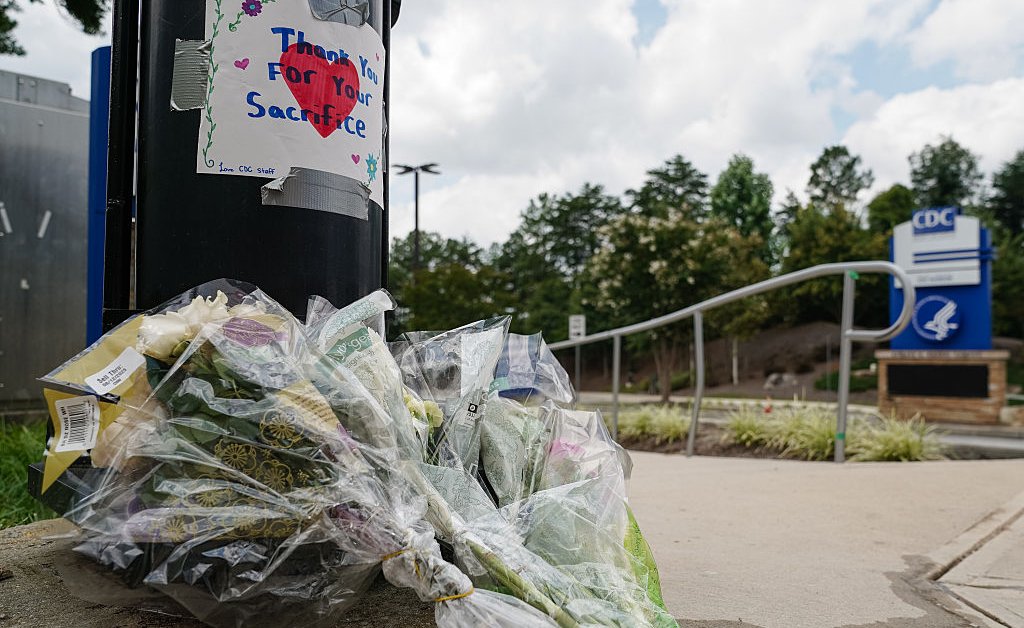When your friend is in love—and you’re writhing in horror at the object of their affection—the first question to ask yourself isn’t how to raise the subject. It’s whether you should.
The decision “requires a lot of introspection,” says Jordana Abraham, co-founder of the women-focused website Betches and co-host of the dating and relationships podcast U Up? For example: Do you dislike their beau because they have different interests than you, not to mention an off-putting vibe that kills your delusions of double dates? Or are you genuinely worried about the way they’re treating someone you care about deeply? “One is about you,” Abraham says. “And one is about you protecting your friend.”
We asked experts exactly what to say without breaking up your friendship.
“How are things going with Jess?”
It’s best to enter conversations about your friend’s romantic partner with an open mind and a positive attitude. “Approaching it with curiosity and no judgment will make your friend much more open to hearing your opinions,” Abraham says.
If you come across as though you’ve already made up your mind about their other half, they’ll be less likely to confide in you about any issues, because you won’t seem like an objective enough source, she adds. Aim to bring it up privately during a quiet moment, rather than in a group setting.
“Your happiness is always my first priority, but I also feel protective of you. There are a few things I’ve noticed that I’d love to talk to you about—would that be OK?”
This approach centers your friend’s wellbeing, while gently introducing your concerns in a judgment-free way. “It tells them you’re not trying to control their choices—you’re just paying attention because you care,” says Jenny Dreizen, an etiquette expert and co-founder of Fresh Starts Registry, a website that offers scripts for tricky conversations. “Ask for permission before diving in, and if they say they’re not ready to hear it, respect that. It’s about planting a seed, not demanding a reaction.”
Read More: The Worst Thing to Say to Someone Who’s Depressed
“I notice you seem different since you started dating Dan. What’s changed for you?”
The best thing about “different” is that it’s a neutral term, says matchmaker Aleeza Ben Shalom, who hosted the Netflix show Jewish Matchmaking. You’re not telling your friend they seem any better or worse than usual—you’re simply noting a change in personality and diving into what’s behind it.
“It allows them to do some self-reflection and tell you what’s going on—and maybe they’ll have that ‘aha’ moment and see what you’ve also seen,” she says.
“You don’t seem to be at your baseline happiness, and I’d love to see you in a relationship where you’re at baseline or above.”
It’s never a good idea to compare your friend’s new partner to an ex. Instead, reference their overall happiness, which could factor in their job, where they live, and their relationships, Ben Shalom says. “It’s acknowledging that the person they’re with might be affecting them, but not in a way that makes you smile—in a way that makes you concerned,” she says.
Read More: 8 Things to Say When Someone Lies to You
Another approach Ben Shalom sometimes recommends: “I don’t know that your best self is coming through when you’re with Matt.” Once you say this to your friend, follow up with a question: “Does this resonate with you? Or am I off-base here?” Then allow them to guide the conversation; you’ll be able to tell quickly if they’re receptive to talking it out, or if you should back off.
“How was it when they met your family? What did they do to celebrate your birthday?”
Asking about the more nuanced parts of your friend’s relationship can provide insight. Since you’re not phrasing your questions in a judgmental way, your friend is less likely to get defensive or clam up. “They’ll feel more free, if they are having an issue, to say, ‘It didn’t really go that well,’ or ‘He didn’t get along with my mom,’” Abraham says. Your job after that is to make it clear you’re a safe space for them to vent or ask for advice—and that you’ll always be rooting for the best for them.
“What are the qualities you value most in a partner?”
When you phrase a question like this, it’s not taking a dig at one specific person—which makes it an ideal way to open a productive conversation, Ben Shalom says. Once your friend tells you what they value the most, ask a pointed follow-up: “How in alignment do you feel Mike is with your values?” Then pause and allow them to reflect.
“They might be like, ‘Well, we’re not really connected in this area, but we’re super connected here,’” she says. You’ll get to learn more about why they’re drawn to their partner—which could help shift your perspective. On the other hand, “They could see, ‘Wait a minute, maybe I’m in it for half the right reasons, but maybe this person as a whole isn’t necessarily good for me.’”
The best part? Your friend will be making the decision on their own, rather than feeling like you’re making it for them.
“What’s your gut telling you?”
Especially in the early stages of a relationship, people often ask their friends: “What do you think about so-and-so?” Ben Shalom likes to flip the question: “What does your gut feeling tell you?”
“You don’t have to point the finger and tell them—their insight is the most valuable thing to motivate whatever change needs to happen,” she says. “And the truth is, they have to live with the decision. You don’t have to. People pick their own person.”
“I just want to make sure you’re up for handling a challenging relationship.”
Some situations call for a more direct approach. Ben Shalom recalls the time someone asked her what she thought about their partner, and she replied: “If you’re asking me honestly, I don’t think it’s a great match. I don’t think it’s necessarily a smart match, and I don’t think it’s an easy match.”
Then she added that, if they chose to move forward, she hoped they were prepared to navigate a challenging relationship. She recalls telling her friend: “If you were working out, you could lift about five pounds. Maybe if you work out for a couple years, you’ll work your way up to 50 or 100. I think you’re trying to lift 500 pounds, and I just don’t think you’re ever going to be able to bench press that and hold it.”
“You know I’m always here, and always on your side.”
Sometimes, the most powerful thing you can do is remind your friend that they’re safe with you, Dreizen says. If they’re in a dynamic that feels even slightly off, they might already be struggling with isolation or other challenging emotions—so a simple reassurance can help them feel grounded and loved.
Read More: 14 Things to Say Besides ‘I Love You’
“That’s exactly what they need if they ever do want to open up or start questioning their relationship,” she says. “Say it often. Not just once, not just when you’re worried—make it part of your regular friendship language.” Repetition builds a safety net, and your friend will know who to turn to when they’re ready.
Wondering what to say in a tricky social situation? Email [email protected]








